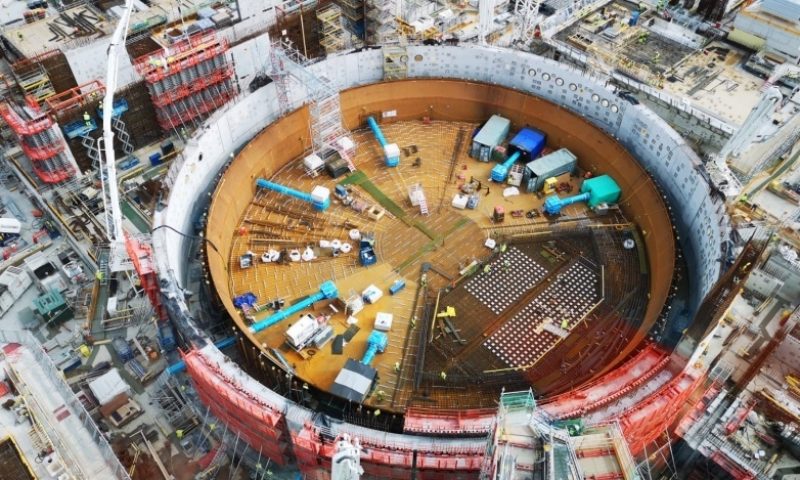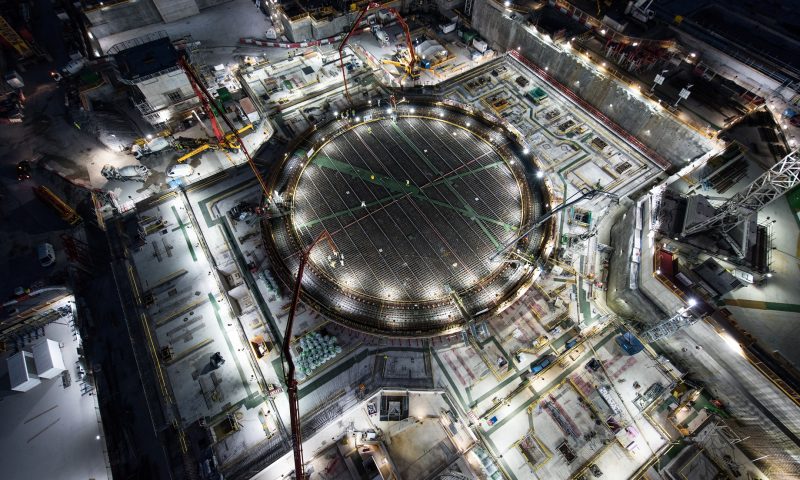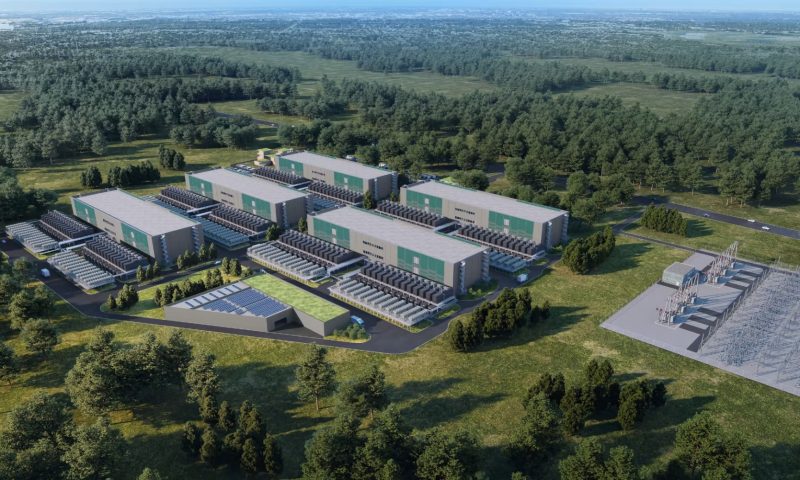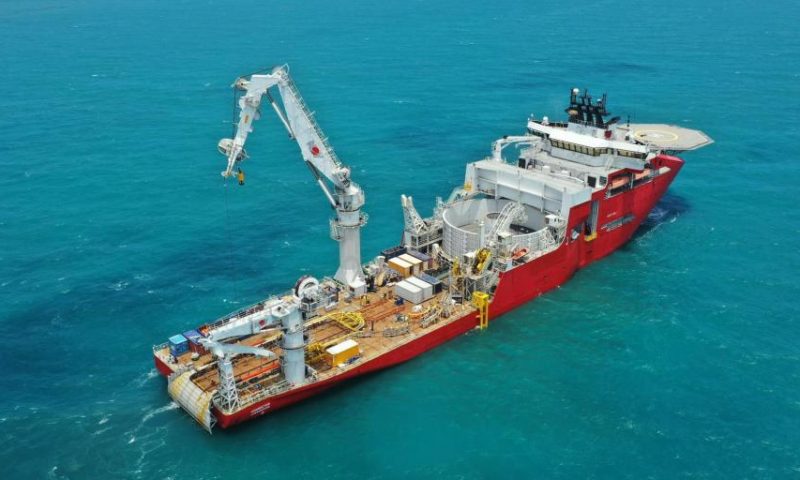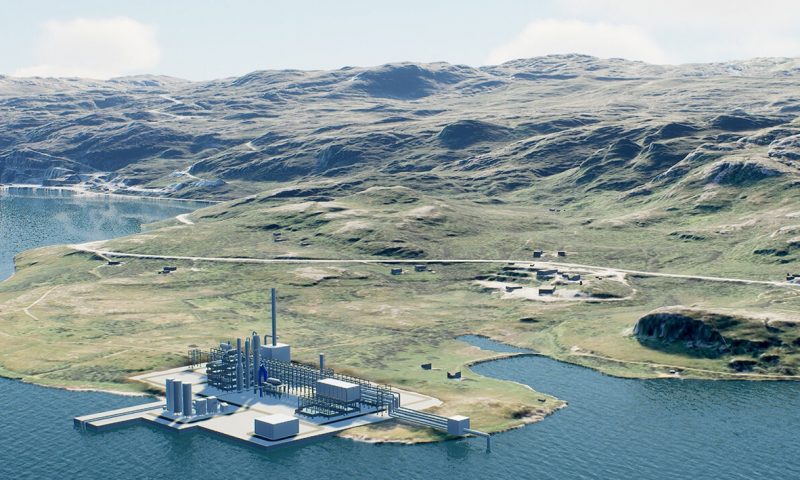
EDF Joins Forces to Cut Carbon through Smart Heating in the UK
EDF and Kaluza, OVO Group’s intelligent energy platform, announced today that they are trialling an innovative solution to the UK’s heating challenge in the transition to a zero carbon grid. Over 100 internet-connected storage heaters from GDHV are being intelligently controlled by Kaluza, helping to warm homes with electricity that is less costly and carbon intensive.
Storage heaters are a useful way to heat homes more cheaply as they charge overnight on off-peak electricity which they use to release heat throughout the day. Dimplex’s high efficiency heaters go further to monitor the weather and home heating habits, automatically adjusting to deliver a comfortable temperature 24 hours a day.
Connecting Dimplex’s devices to its AI platform, Kaluza uses EDF’s electricity price data, along with live information from the heaters, to optimise their electricity use and reduce the grid’s carbon output as part of a more flexible energy system.
Jean-Benoit Ritz, Director of Innovation and Blue Lab at EDF in the UK commented: “Switching heating in homes from carbon-intensive fossil fuels to lower carbon electricity is one of the most important things Britain will need to do to cut its emissions. At the same time, households with storage heaters can struggle to access efficient, cost-effective heat.
“We have to get smarter and make the most of the digital, data-driven solutions out there that can power homes with low carbon energy when it is needed. This trial is just one way that EDF is investing to accelerate the transition to low carbon heating and we are delighted to be working with Kaluza to deliver customer-focused innovation that will help us reach net-zero.”
Conor Maher-McWilliams, Head of Flexibility at Kaluza commented: “Heating our homes with gas is going to have to end for the UK to hit net zero. Mass electrification offers great promise, but it also introduces fresh complexity into the energy system.
“The only way to create an efficient and resilient grid able to handle this new demand will be through smart technologies in people’s homes. This way we can intelligently spread demand throughout the day, helping to reduce grid stress, carbon emissions and energy costs. Partnering with EDF and GDHV is a big step in shaping this new, flexible reality.”
Neil Stewart, CEO at GDHV added: “There’s currently a stigma around the electrification of home heating and that’s because of the cost of electricity which the government places a higher levy on than carbon intensive fuels. Creating workable solutions that allow households to heat their homes efficiently and affordably through electrification is a vital step towards the future of heating.
“There is also huge potential to reduce the carbon output of homes through electrification but solutions need to be made more attractive to end users. This trial is a great way of showcasing exactly what can be achieved by forward-thinking organisations working together towards a goal that benefits energy consumers and the environment.”







